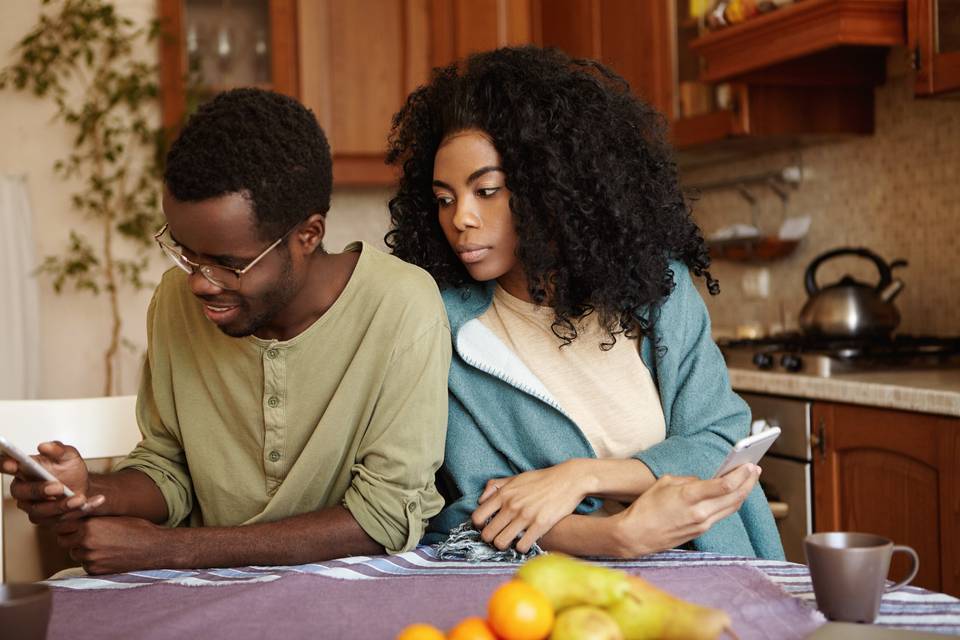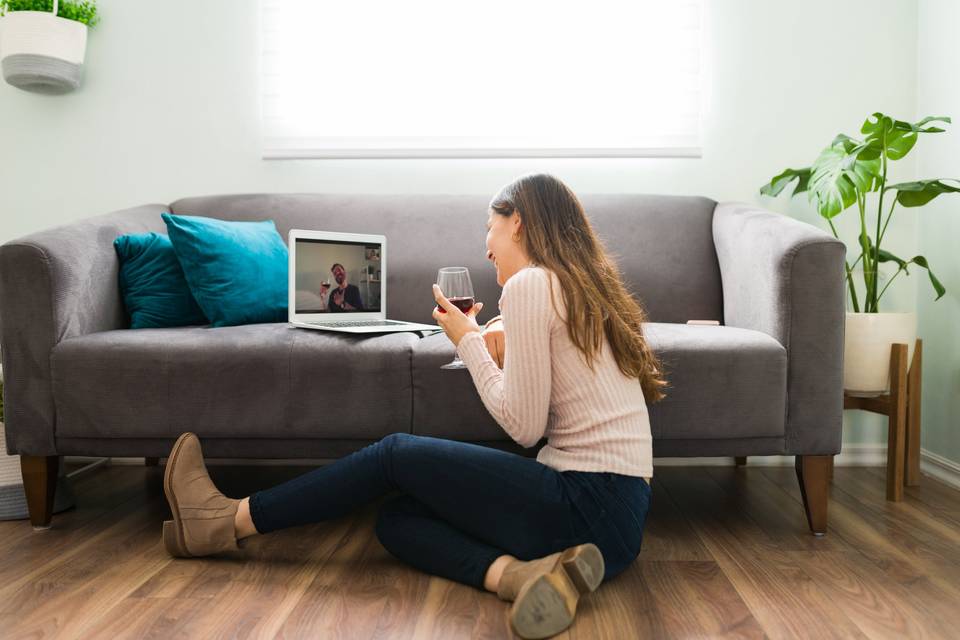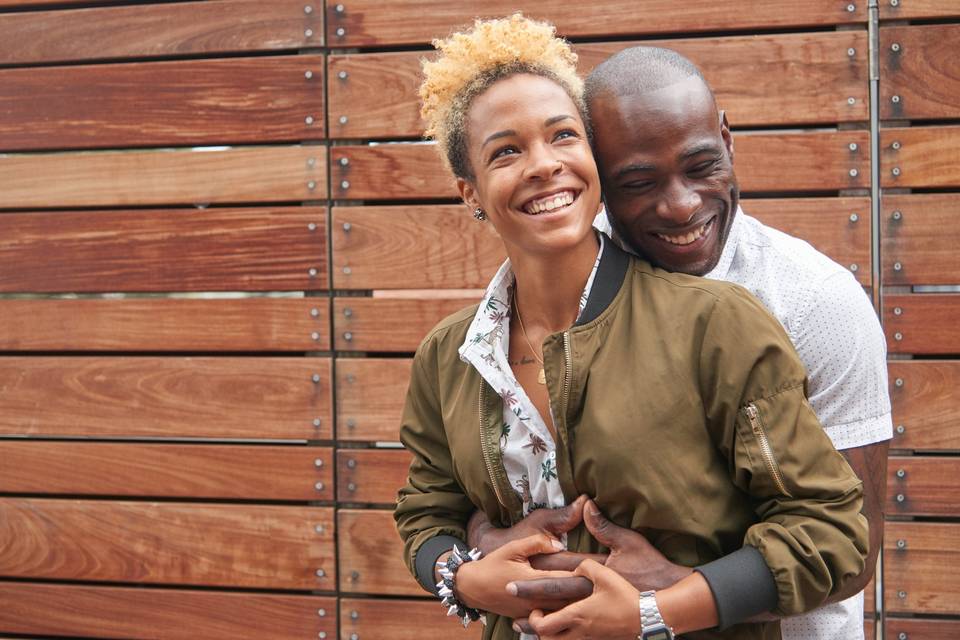4 Signs Your Past Relationships Are Affecting Your Current Romance
If you've had your heart broken in the past, your past relationship may be affecting your new one—whether you realize it or not.


Most of us can say we’ve had our heart broken before, whether that was the result of someone breaking up with you or you mutually deciding to part ways. No matter how you slice it, breakups are tough, and certainly not for the faint of heart. But one of the most difficult parts of going through a break up are the feelings that often linger a little too long for comfort. This can be especially challenging if you find yourself in a new relationship that you’re trying your best to be present in.
Even if it’s been years, or close to a decade, since the end of your past relationship, it can have a lasting impact on your life, notes Paulette Sherman, Psy.D., psychologist, director of My Dating & Relationship School and author of Dating from the Inside Out. “These relationships can impede our current or future relationships or further them, depending on how we have processed them,” she says. “This is helpful to recognize because our past can either be fodder for our growth or the very thing that holds us back.”
She explains that our past relationships can impact us for better or for worse. “If we have learned valuable lessons and gained further clarity about how to successfully proceed on our relationships, then our past relationships have impacted us for the better; but if we have not processed and learned from past relationships, they can translate into limiting beliefs and baggage and wounds that will adversely affect us in love,” she says.
Wondering if your past relationship is holding you back in your current romance? Here’s what experts have to say — and the 5 signs that might indicate it’s time to move on for real.
You compare your partner to your ex.
This is dangerous territory, according to Michele Moore, licensed professional counselor, certified coach, and relationship expert at Marriage Mojo, is expecting your partner to act in the same way, or a totally different way, than your ex. “ For example, if an old beau brought flowers to the door every week, but the new one shows his love in other ways, the new one may come out on the losing end of this competition,” Moore says. “This causes even more doubts and questions for the person, who doesn't realize that the comparison itself is both needless and unfair.”
You have anxiety.
Whether it’s being cheated on or being with an ex who minimized your feelings, going into a new relationship with the expectation to get hurt and disappointed again is a bad sign, according to Anita Chlipala, licensed marriage and family therapist and author of First Comes Us: The Busy Couple's Guide to Lasting Love. “It’s understandable to have anxiety and it’s important to speak up in those moments so that your partner has an opportunity to respond and help you calm down.”
You feel guarded.
It’s understandable that you don’t want to be hurt again after a past relationship, but building up a tough front so that it’s seemingly impossible for it to happen again is not the answer. “You may be slow to open up or refuse to share important details because when you’ve been vulnerable, you’ve felt rejected,” says Chlipala. “Accept that being hurt is inevitable (even happy couples hurt each other from time to time) and remind yourself that you’ve been hurt and have survived.” She suggests grounding yourself in your values instead. “If you believe it’s better to risk being hurt to see if love and a healthy relationship is possible, remind yourself of this so you don’t beat yourself up if your current relationship doesn’t work out,” she adds.
You avoid conflict.
If you and your ex used to fight quite a bit, you may be so sick and tired of the arguing that you’re looking for a quarrel-free relationship this time around. But it’s actually normal and healthy for couples to argue—and shouldn’t be something that you’re afraid of. Chlipala suggests having conversations with your partner about how he or she prefers to communicate and what their beliefs are around resolving conflict. “Sometimes couples can get into unnecessary fights just because one person believes in hashing things out immediately while the other needs time to process,” she says.





